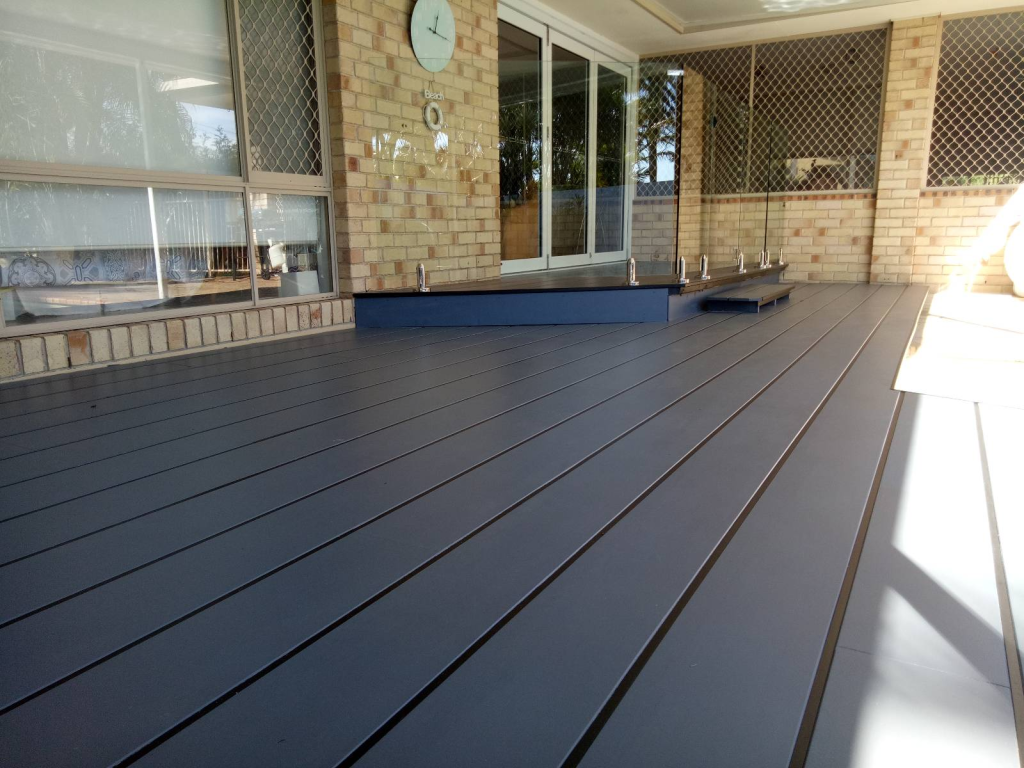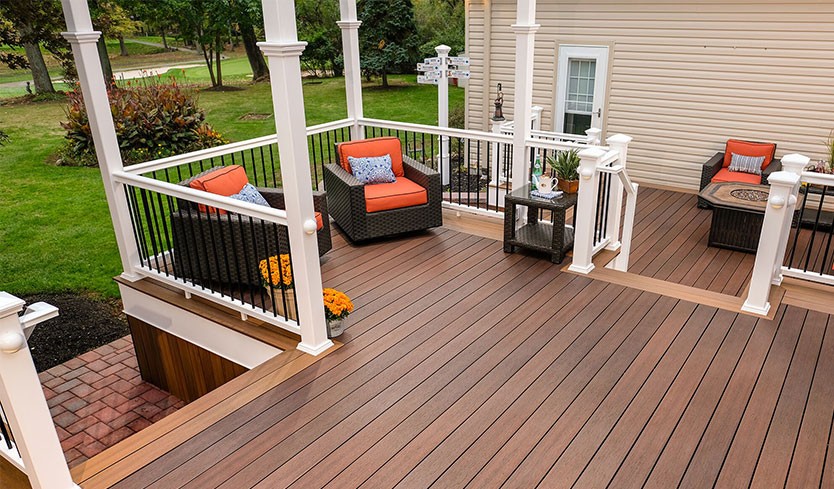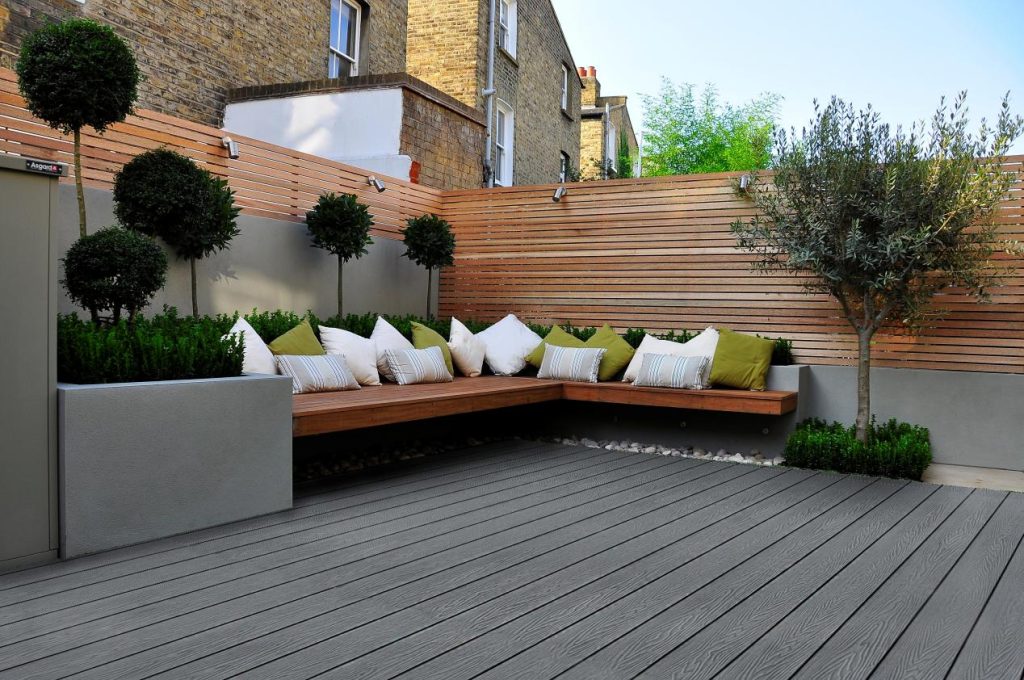Wood-Plastic Composite (WPC) materials have gained significant traction in the Australian market, offering a blend of durability, sustainability, and aesthetic appeal. This article focuses on the distinct features and market positioning of four prominent WPC brands in Australia: Trex, Modwood, Ekodeck, and HOSUNG. By exploring their differences in terms of material composition, performance characteristics, environmental impact, and market presence, we can better understand their suitability for various applications in Australia.
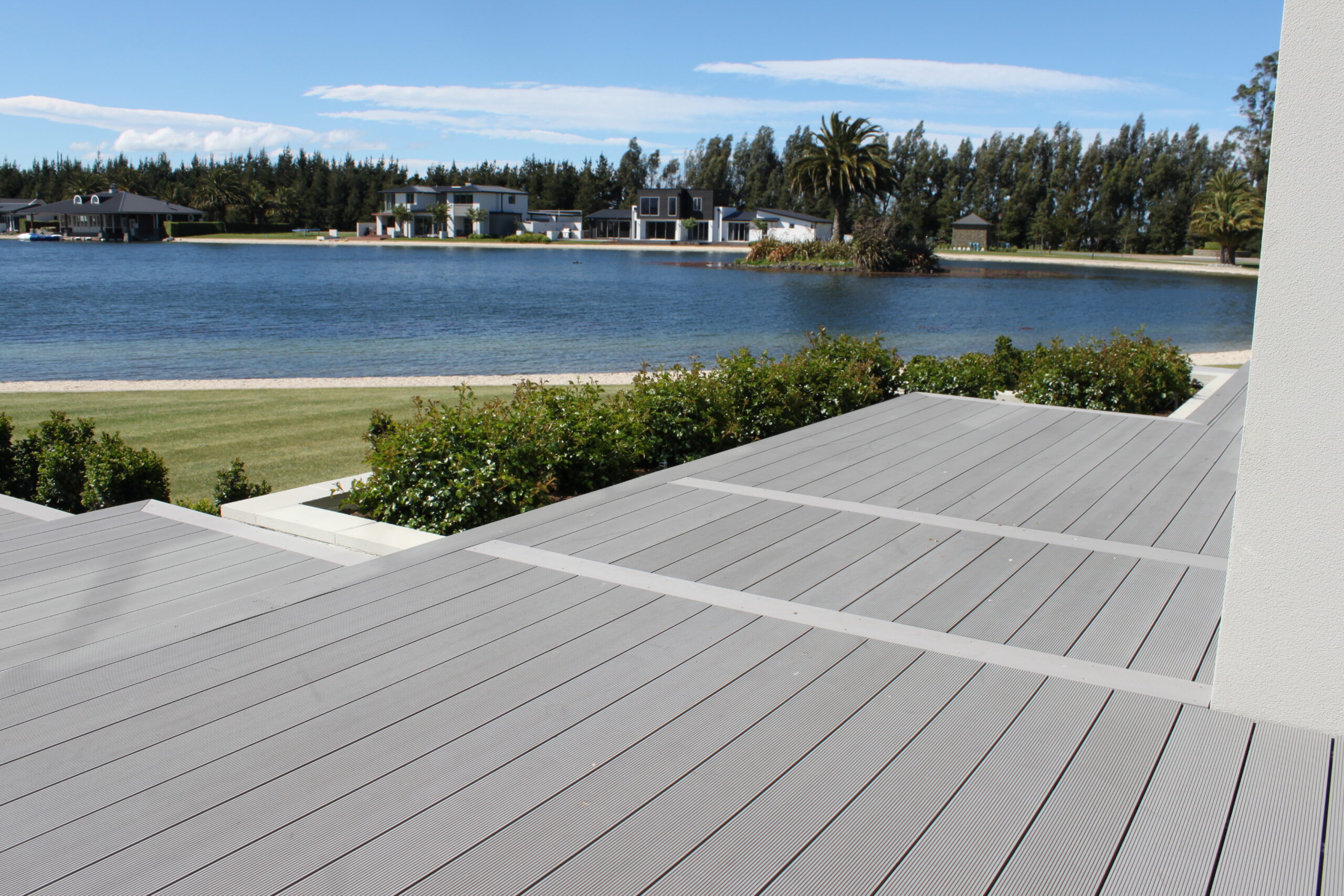
Trex WPC: Leading the Innovation
Trex is renowned globally for its advanced composite decking solutions. In the Australian market, Trex sets itself apart with a proprietary blend of recycled wood fibers and high-performance polymers. This composition not only ensures exceptional durability but also minimizes maintenance requirements, making Trex decking ideal for Australia’s diverse climates, from harsh summers to wet winters. Trex’s range includes both classic wood-grain patterns and contemporary finishes, appealing to homeowners and commercial developers alike seeking premium quality and longevity.
Modwood: Australian-Made Sustainability
Modwood stands out as an Australian manufacturer committed to sustainability. Made predominantly from recycled materials, including reclaimed pine dust and recycled plastic milk bottles, Modwood offers an eco-friendly alternative to traditional timber. Its products are well-suited for Australian conditions, providing resistance to UV rays, moisture, and termites. Modwood decking and cladding are favored for their low maintenance and longevity, catering to environmentally conscious consumers who desire to reduce their carbon footprint without compromising on aesthetics or performance.
Ekodeck: Natural Look with Eco Credentials
Ekodeck emphasizes a natural wood look combined with sustainability credentials. Manufactured using reclaimed materials and sustainable practices, Ekodeck WPC products are designed to withstand Australia’s harsh climate conditions. Ekodeck boards are lightweight yet durable, offering ease of installation and minimal upkeep. The brand’s wide range of colors and finishes appeals to homeowners and builders seeking a balance between environmental responsibility and design versatility. Ekodeck’s popularity stems from its affordability, aesthetic appeal, and eco-conscious manufacturing processes.
HOSUNG WPC: Emerging Innovation and Customization
HOSUNG WPC represents a newer entrant in the Australian market, focusing on innovation and customization. HOSUNG products are manufactured using a mix of recycled wood fibers and high-density polyethylene (HDPE), ensuring robust performance in outdoor applications. The brand differentiates itself through a commitment to technological advancement, offering customizable solutions to meet specific project requirements. HOSUNG WPC decking and cladding are gaining traction among architects and developers seeking tailored solutions that combine durability, aesthetics, and technical support.
Comparative Analysis: Material Composition and Performance
Market Presence and Consumer Preference
In the competitive Australian market, consumer preferences vary based on factors such as price sensitivity, environmental consciousness, and aesthetic preferences. Trex appeals to those seeking premium quality and reliability, while Modwood resonates with buyers prioritizing Australian-made sustainability. Ekodeck attracts budget-conscious consumers looking for eco-friendly options without compromising on aesthetics. HOSUNG WPC targets niche markets with its customizable solutions and technological innovation, appealing to architects and developers seeking tailored WPC solutions.
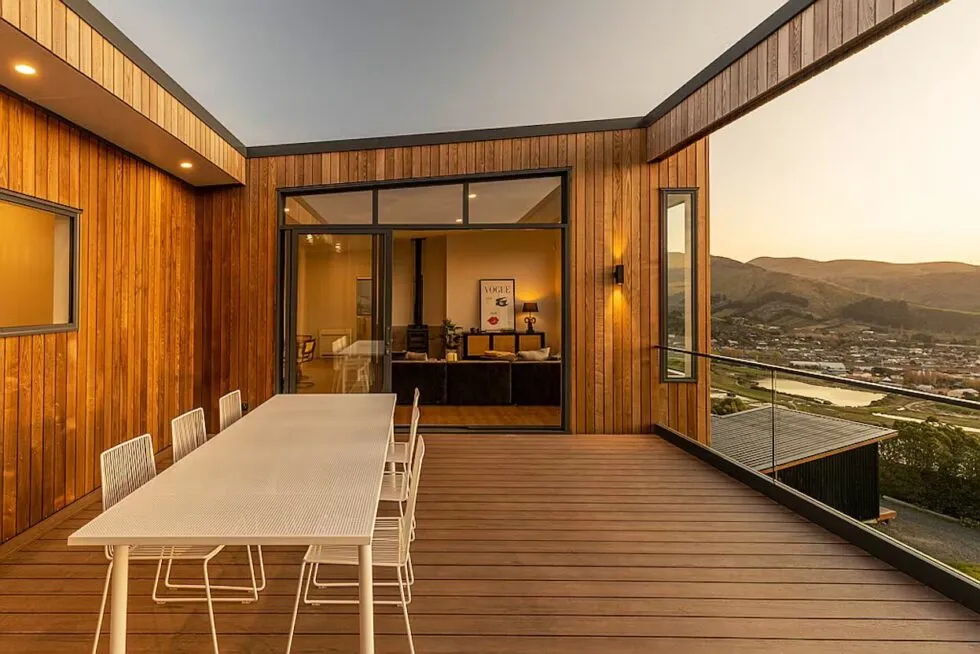
Conclusion: Choosing the Right WPC for Your Needs
When selecting WPC decking or cladding in Australia, understanding the differences among Trex, Modwood, Ekodeck, and HOSUNG is crucial. Each brand gives advantages in terms of material composition, performance characteristics, environmental impact, and market positioning. Whether you prioritize premium quality, sustainability, affordability, or customization, there’s a WPC brand tailored to meet your specific requirements in the Australian market. By making an informed decision based on these factors, you can ensure that your choice aligns with both your project goals and environmental values.
